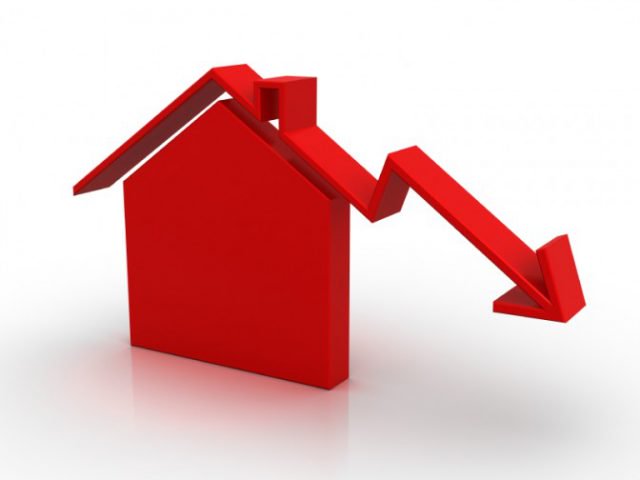An increasing number of British retirees are choosing to rent a property by the sea, due to the soaring cost of purchasing property
Latest research from the Halifax indicates that the average price of a property in a British seaside town has risen by 32% in the last decade. This is the equivalent to £440 per month.
Retirees rental rise
The annual Halifax Seaside Town Review showed that average property prices have risen from £166,565 in 2006 to £219,386. Scottish seaside towns have led the way in terms of price growth. Fraserburgh in Aberdeenshire showed the largest increase, with property prices increasing by 139%, from £63,540 in 2006 to £151,719 in 2016.
In Macduff, typical property values doubled from £66,226 to £133,567, or 102%, over the same period. This was followed by Peterhead (95%), Cove Bay (94%) and Newtonhill (91%).
Peter Girling, chairman of Girlings Retirement Rentals, observed, ‘we have seen continual demand from people wanting to retire to the coast. House prices in popular resorts can be prohibitive and renting may prove a better financial option, which is why we are seeing more people downsizing, selling the family home and choosing to rent in a purpose built retirement complex.’[1]
‘The benefits are threefold-releasing equity in a home to invest for the future, affordable rents on assured tenancies that include property maintenance, access to services and a ready-made community and a slower and healthier pace of life. People are also free from the worry of unexpected bills and the upkeep of a home, so they have more time to make the most of their golden years,’ Girling continued.[1]
Popular South
Outside of Scotland, the greatest levels of property price growth in seaside locations has been seen in southern resorts. Mr Gilding said that the most popular areas for Halifax clients were Bournemouth, Hastings and Clacton-on-Sea.
Brighton saw the largest rise outside of Scotland, with values rising by 59% from £214, 863 to £341,235 over the decade. Other English seaside resorts to record growth in excess of 50% were:
- Whitstable, Kent
- Shoreham on Sea, West Sussex
- Leigh on Sea, Essex
- Truro, Cornwall

Rise in retirees renting in seaside locations
The most expensive seaside town was found to be Sandbanks in Poole, where the average property price is £664,655. Other expensive towns in the South West include Padstow, Dartmouth and Fowey. Outside of the South West, the most expensive towns are Aldeburgh in Suffolk and Lymington in Hampshire.
Staycation
Peter Sherrard, managing director of PropertyPriceAdice.co.uk, noted, ‘since the last recession, the so-called staycation trend has grown increasingly popular in Britain, with many people now more willing to take take a short trip on these shores instead of venturing overseas, which has increased demand for property in coastal areas.’
‘Seaside towns typically provide a high quality of life and remain popular places for people to live, while also attracting those seeking second homes or holiday properties which can place added upward pressure on property prices,’ Sherrard added.[1]
[1] https://www.landlordtoday.co.uk/breaking-news/2016/6/pensioners-choose-to-rent-by-the-sea-as-property-prices-soar




